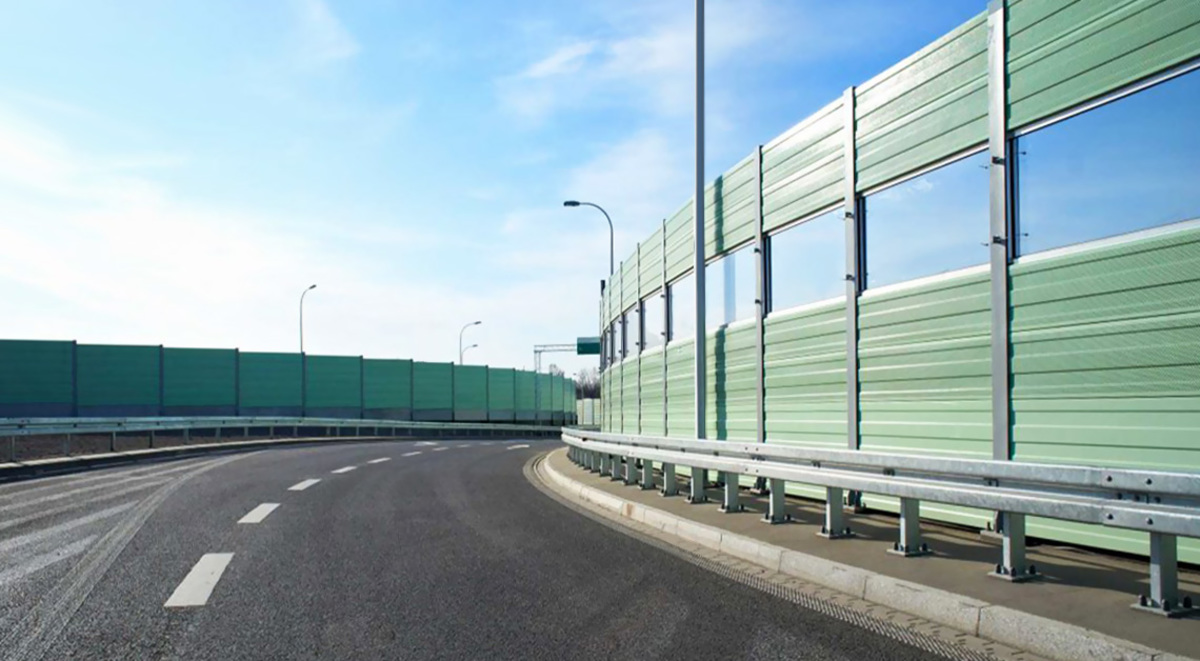If you’ve ever been to a city, you know that noise pollution is a real issue. From sirens to cars to people talking on the street, it can be hard to find peace and quiet. But what you may not know is that noise pollution can have serious health effects. Thankfully, there are ways to mitigate these effects through the use of noise barriers.
How do noise barriers work and how effective are they at reducing noise levels?
Noise barriers are erected along roads, railways, and other busy areas in order to reduce the level of noise pollution. These barriers can be made from a variety of materials, including concrete, masonry, glass, and metal. They work by either absorbing or reflecting sound waves, depending on their composition.
Noise barriers can be very effective at reducing noise levels, but their effectiveness can be limited by factors such as wind direction and the presence of other buildings or objects. Noise barriers can sometimes reflect noise back towards the source, which can actually make the problem worse. Nevertheless, when used correctly, noise barriers can help to reduce noise levels in a busy environment.
Benefits of using noise barriers in residential areas
One of the most significant benefits of using noise barriers in Singapore residences is that they can help to reduce the amount of noise pollution that residents are exposed to.
Living in a noisy environment can be extremely stressful, and it has been linked to a variety of health problems, including high blood pressure, insomnia, and anxiety. Noise barriers can also help to improve mental well-being by providing a sense of privacy and creating a more peaceful environment.
In addition, noise barriers can serve as a visual barrier, providing some protection from unwanted views. Finally, noise barriers can help to increase property values by making neighbourhoods more desirable places to live.
Noise barriers in commercial spaces
In any commercial space, it’s important to create a comfortable and relaxed atmosphere for customers and employees alike. One way to do this is by reducing noise levels. Noise barriers are an effective way to reduce unwanted noise, and they can be adapted to fit any space.
For example, in a retail setting, a noise barrier can be placed behind the checkout counter to help reduce the level of noise coming from the store’s loudspeakers. In an office setting, noise barriers can be used to create private workstations or to reduce the level of ambient noise. In a restaurant, noise barriers can be placed between the dining area and the kitchen to help keep the noise of cooking and cleaning from disrupting the dining experience. By strategic placement of noise barriers, any commercial space can become more tranquil and enjoyable for both customers and employees.
Noise barriers in parks and outdoor gardens
Parks and outdoor gardens provide a much-needed oasis from the hustle and bustle of everyday life. They are places where we can go to connect with nature, relax, and enjoy some peace and quiet. Unfortunately, these tranquil places are often spoiled by noise pollution from traffic, construction, and other sources.
One way to help reduce noise pollution is to install noise barriers in Singapore. These barriers can be made from a variety of materials, including stone, earth berms, and vegetation. They work by absorbing or deflecting noise, thereby creating a quieter environment for both people and wildlife. In addition to improving the acoustic environment, noise barriers can also improve the aesthetic appeal of a park or garden. By creating a sense of enclosure and privacy, they can transform an ordinary space into a sanctuary.







